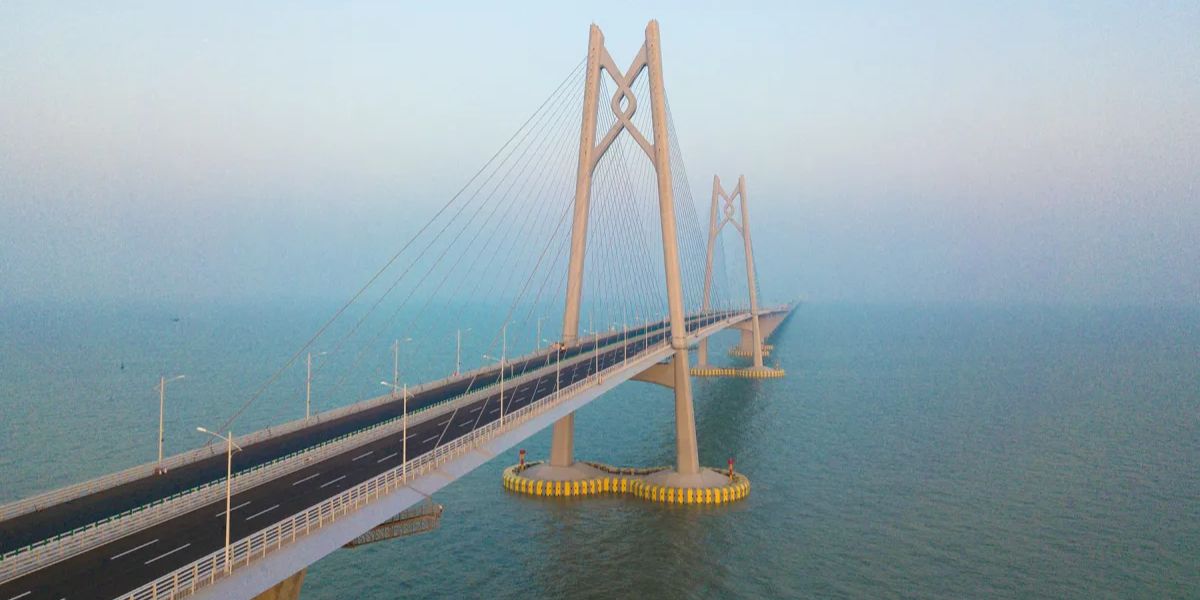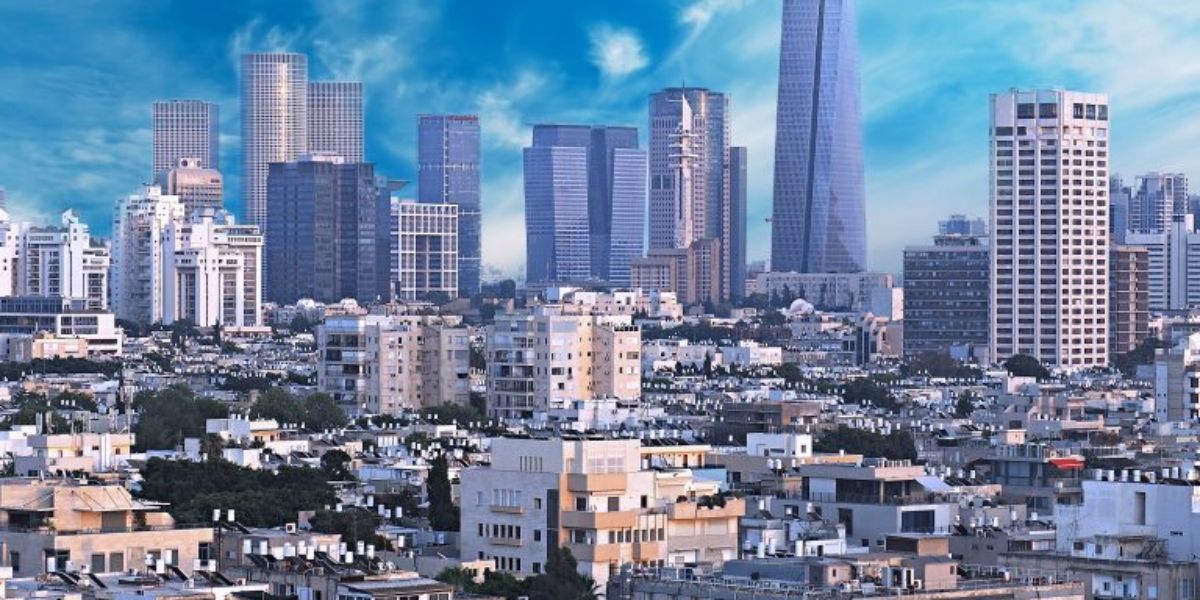Hong Kong has long been known as one of Asia’s most dynamic gateways between East and West. Today, that reputation extends beyond finance and logistics—it increasingly represents a cultural and commercial bridge connecting Israel and Asia’s emerging economies. From innovation partnerships to cultural exchanges, Hong Kong’s unique global position makes it an ideal meeting point for Israeli entrepreneurs, investors, and artists looking eastward.
In recent years, Israel’s rapid growth in technology and research sectors has drawn the attention of Asian governments and corporations. Meanwhile, Hong Kong’s free-market structure, English-language business environment, and robust legal framework have made it a natural landing zone for Israeli startups seeking to expand across the region.
The Economic Link: Startups, Trade, and Investment
The economic bond between Hong Kong and Israel has evolved steadily since the two signed their comprehensive free trade agreement in 2018. This landmark deal eliminated tariffs on many goods and established new pathways for collaboration in areas such as cybersecurity, water management, renewable energy, and fintech.
Table of Contents
Israeli firms have been quick to leverage Hong Kong’s position as a financial hub. Several have set up regional offices here, using the city’s proximity to mainland China and Southeast Asia to access new markets. Likewise, Hong Kong investors and corporate groups have begun exploring opportunities in Tel Aviv’s innovation ecosystem.
“Hong Kong offers Israeli startups a one-stop platform to connect with Asian partners,” said a representative from InvestHK. “The city’s bilingual workforce and international legal system make it ideal for cross-border growth.”
As a result, the flow of venture capital and technology transfer between the two regions continues to rise. Joint incubators, accelerator programs, and innovation summits are helping bridge knowledge gaps and foster long-term cooperation.
Cultural and Educational Exchange
Beyond economics, Hong Kong is becoming a center for cultural diplomacy and Jewish heritage awareness in Asia. Local synagogues, cultural centers, and universities frequently host art exhibitions, film screenings, and educational events highlighting Israel’s cultural diversity and innovation culture.
The Jewish Community Centre of Hong Kong, in collaboration with Israeli consular representatives, regularly organizes programs showcasing Israeli literature, food, and contemporary art. These efforts not only strengthen ties between the two regions but also help local communities understand the shared values of creativity, resilience, and entrepreneurship that underpin both societies.
Educational partnerships are also expanding. Universities in Hong Kong and Israel have begun signing exchange agreements and research collaborations. Students from both sides benefit from exposure to different innovation models—Israel’s start-up culture and Hong Kong’s business pragmatism.
Tourism and Cultural Curiosity
Before the pandemic, direct flight routes between Hong Kong and Tel Aviv played a pivotal role in boosting people-to-people contact. These routes made it easier for tourists, entrepreneurs, and scholars to travel between the two regions, helping to nurture curiosity and understanding.
Israeli tourists have increasingly viewed Hong Kong as a safe, cosmopolitan base for exploring Asia. Conversely, Asian travelers are discovering Israel’s ancient cities, religious heritage, and high-tech wonders. The cross-pollination of experiences is deepening cultural familiarity and building goodwill that extends beyond formal diplomacy.
The Role of Jewish Entrepreneurs in Hong Kong
Hong Kong’s local Jewish community, though small, has been instrumental in forging this bridge. Business leaders, cultural organizers, and educators within the community have long served as informal ambassadors between Israel and Asia.
Many of these individuals lead or advise initiatives in technology transfer, cultural tourism, and interfaith dialogue. Their contributions have helped demystify Israeli culture in Asia while encouraging local entrepreneurs to explore partnerships that combine technological innovation with social purpose.
Future Outlook: Expanding Beyond Trade
Looking ahead, experts predict that Hong Kong’s role will continue to expand from a commercial bridge to a strategic connector—not just between Israel and China but across all of Asia. Areas such as green technology, medical innovation, and creative industries are emerging as new frontiers for collaboration.
Regional partnerships, supported by joint investment funds and academic networks, will likely accelerate this progress. At the same time, cultural institutions and community initiatives are expected to continue nurturing mutual understanding, ensuring that the Hong Kong–Israel connection remains as human as it is economic.
Conclusion
Hong Kong’s significance in connecting Israel and Asia goes far beyond geography. It represents a model of how commerce, culture, and community can work together to bridge nations. By fostering trust, dialogue, and shared innovation, Hong Kong stands as one of the most vibrant crossroads where East meets West—and where the stories of Israel and Asia continue to intertwine.










